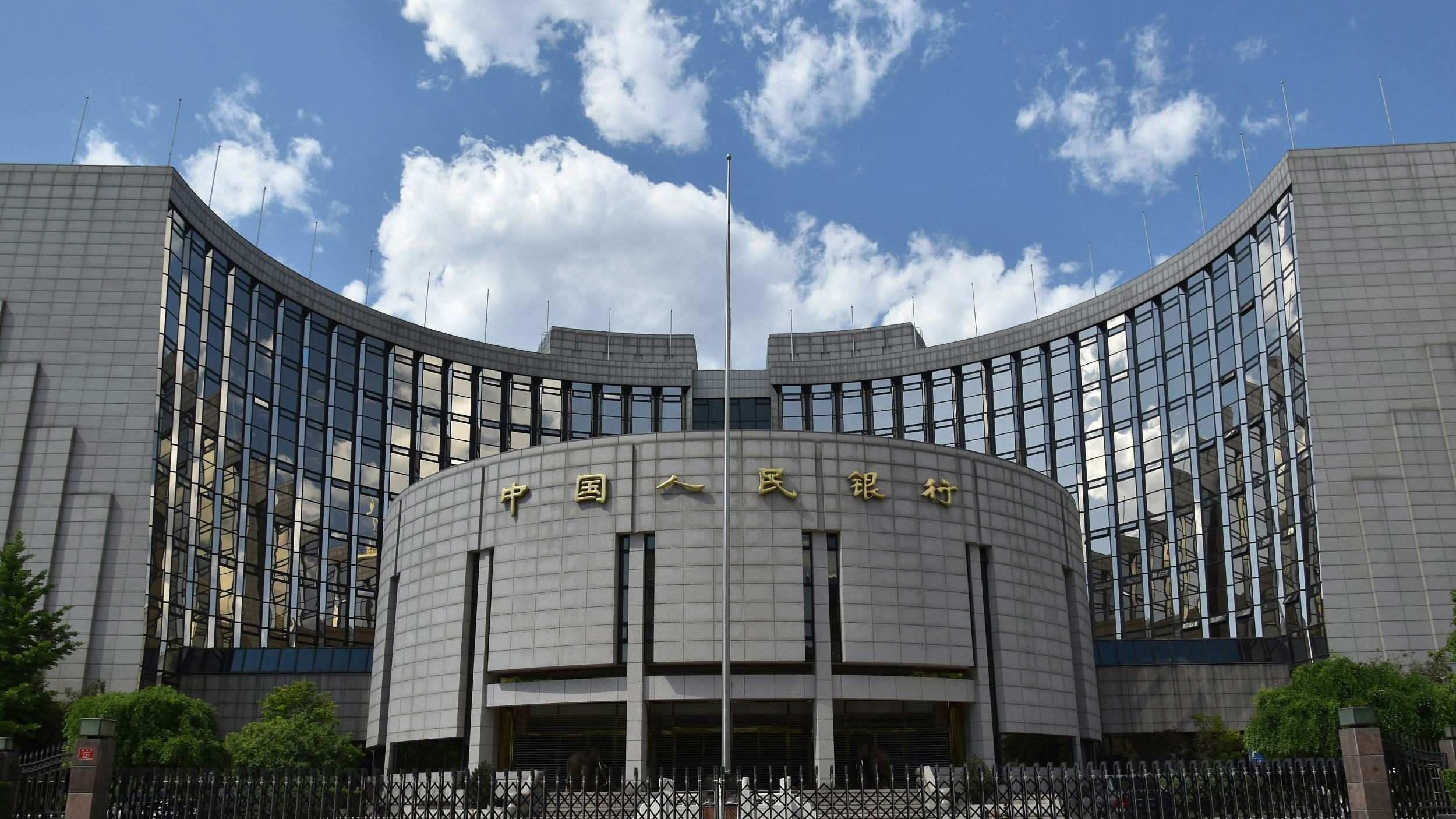
Business
20:20, 31-Aug-2017
China's central bank bans new issuance of long-term NCDs
CGTN

China's central bank announced to ban financial institutions from issuing negotiable certificates of deposit (NCDs), a popular interbank debt instrument, with a tenor exceeding one year from Friday.
NCDs with a tenor of one year or less can still be issued, the People's Bank of China (PBOC) said on Thursday.
This move marks the latest effort of the regulator to curb financial risks by reining in rampant inter-bank funding.

VCG Photo
VCG Photo
The central bank introduced NCDs in December 2013 as a way to facilitate interest rate liberalization, but the instrument was quickly discovered by smaller banks, who embarked on a debt binge.
Facing difficulty attracting retail deposits, China’s smaller banks sold large volumes of NCDs, bolstering their liability in the wholesale fund market and then using the proceeds to make higher-yield, risky investments.
At their peak in 2015-16, NCDs accounted for over half of the total bond issuance.
“NCDs in China turned into something totally different from what they are in the West. With an implicit guarantee from the government, Chinese banks are not afraid to take risks to the very limits. This is a typical regulatory arbitrage,” said Dai Zhifeng, Chief Banking Analyst with Zhongtai Securities.
To closely examine the banks' debt, the PBOC planned to include NCDs in its quarterly macro-prudential assessment (MPA) from the first quarter of 2018.

SITEMAP
Copyright © 2018 CGTN. Beijing ICP prepared NO.16065310-3
Copyright © 2018 CGTN. Beijing ICP prepared NO.16065310-3